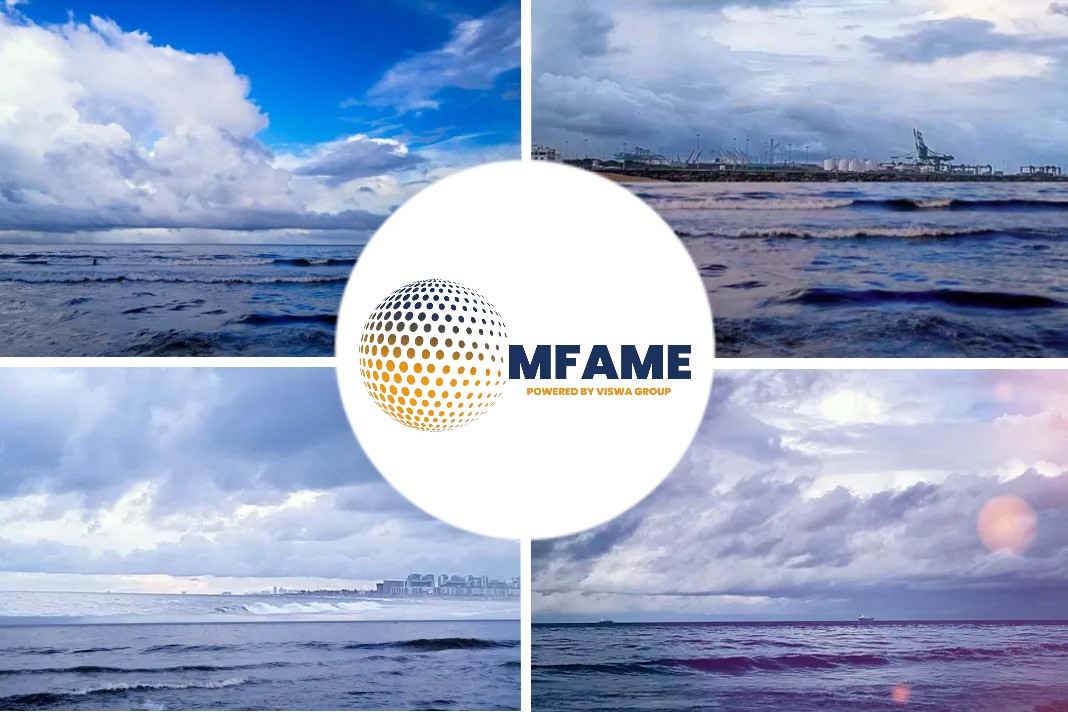Taiwan’s CPC Corp. says it has sufficient buffer stocks of naphtha and gasoline after a tanker carrying its naphtha cargo caught fire near the Gulf of Oman last Thursday, reports Platts.
What happened?
An oil tanker chartered by Taiwan’s state oil refiner CPC Corp to carry fuel from the Middle East was attacked earlier on Thursday.
The Front Altair carrying 75,000 mt of naphtha belonging to CPC Corp. had loaded from Ruwais in Abu Dhabi on June 11 and was en route to Kaohsiung when it caught fire, CPC said in an earlier statement. The cargo had been scheduled to arrive in Taiwan in early July.
Enough buffer stocks
The company in a statement said it currently has 75 days’ worth of safety stocks for gasoline and 45 days of stocks for naphtha, adding that the supply impact of the incident has been limited.
CPC also assured that there was sufficient supply of petrochemical products for the domestic market.
Safety stock levels monitored
The state-owned refiner said it will continue to monitor the safety stock levels and, if necessary, adjust its refinery operating rates in consideration of its planned naphtha import and stock levels.
The company may pare back gasoline exports if required to keep gasoline and naphtha stocks at an acceptable level, it added.
CPC’s primary focus is the domestic market, serving around 80-90% of Taiwan’s oil and petrochemical requirements.
LNG shipments and crude oil
For LNG, the company said its LNG ship will have to sail through the Persian Gulf area to reach Qatar to load LNG. However Qatargas has informed the company that there was no impact on LNG shipments at present, and all shipments are being scheduled on time.
CPC said it will continue to monitor and maintain close contact with its suppliers, adding it may buy spot LNG from alternative gas sources or negotiate for more offtake from other suppliers to ensure stability of gas supply.
For crude oil, CPC said it may seek supplies from other regions such as Asia, the US, Far East or Africa to reduce the risks stemming from buying from the Persian Gulf region.
Did you subscribe to our daily newsletter?
It’s Free! Click here to Subscribe!
Source: Platts
























